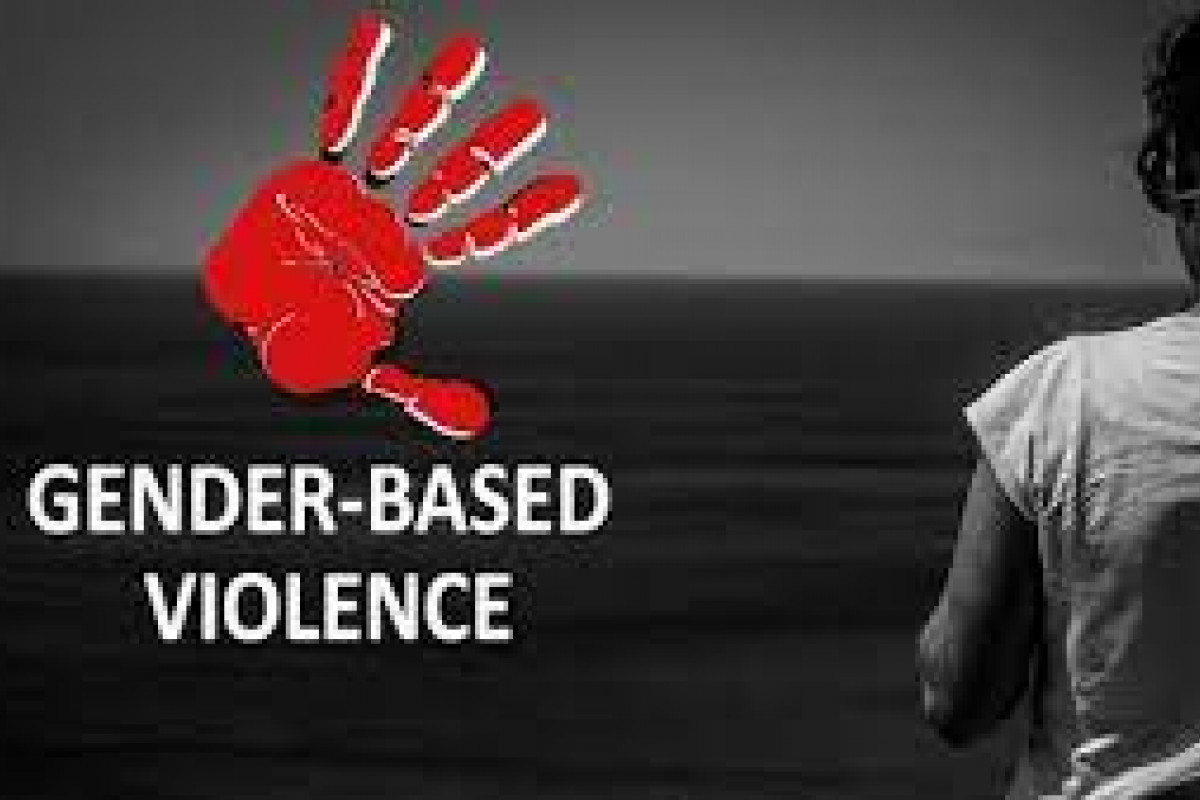The 16 Days of Activism Against Gender-Based Violence (GBV) is an international campaign that runs annually from November 25 (International Day for the Elimination of Violence Against Women) to December 10 (Human Rights Day). The campaign has grown into a global platform for advocacy and action aimed at ending all forms of gender-based violence. Zimbabwe, like many other countries, actively participates in this movement, with both governmental and non-governmental organizations spearheading various activities to raise awareness and promote gender equality.
What the Campaign is About
The 16 Days of Activism seeks to bring attention to the violence and discrimination that disproportionately affect women and girls, especially in domestic, social, and economic contexts. It advocates for the protection of women's rights, promoting gender equality and amplifying the voices of survivors of gender-based violence. The campaign aligns with broader human rights frameworks and emphasizes that violence against women is not only a gender issue but a human rights violation.
Key Themes and Objectives
Each year, the 16 Days of Activism follows a global theme to guide events and messaging. Themes often revolve around women's rights, preventing violence, and advocating for legislative and social changes to eliminate GBV. In Zimbabwe, campaigns usually aim at:
- Raising awareness of the negative impact of GBV on women and girls.
- Mobilizing various sectors of society, including the government, civil society, religious institutions, and the private sector, to take action.
- Promoting support services for survivors of violence, including shelters, legal aid, and health services.
- Advocating for stronger policies and enforcement of laws to protect women from violence.
What Zimbabwe Has Done
Zimbabwe has made progress through several initiatives in the fight against GBV, especially during the 16 Days of Activism:
Legislative Reforms: Zimbabwe has implemented legal frameworks such as the Domestic Violence Act (2007), providing mechanisms for reporting and prosecuting domestic violence.
Awareness Campaigns: Local organizations, including the Musasa Project and Zimbabwe Women Lawyers Association (ZWLA), have led nationwide campaigns that educate the public on the dangers of GBV and offer support to survivors.
Support for Survivors: Various organizations provide shelters, legal aid, counseling, and medical services to survivors of GBV. These services help survivors escape abusive environments and access justice.
Community-Based Initiatives: Grassroots programs like "SASA!" engage communities to challenge norms that perpetuate violence and promote gender equality through education.
Achievements in Zimbabwe
Zimbabwe has recorded several key achievements as a result of the 16 Days of Activism and ongoing efforts to combat GBV:
Increased Awareness: There is now a greater understanding of GBV issues, with more women reporting cases of abuse and seeking help.
Policy Impact: The campaign has influenced public policies and led to better enforcement of existing laws aimed at protecting women from violence.
Partnerships: Collaboration between government, international bodies, and civil society has strengthened the response to GBV.
Youth Engagement: Young people are increasingly involved in anti-GBV initiatives, promoting gender equality in schools and communities.
Hosting Workshops: Educational workshops can be organized in schools, churches, and communities to teach about GBV and its prevention.
Advocacy for Policy Change: Organizations can engage with policymakers to push for stronger laws protecting women from violence.
Support for Survivors: Offering legal, medical, and counseling services is crucial for helping survivors rebuild their lives.
Media Campaigns: Organizations can use TV, radio, and social media to spread awareness and challenge harmful gender norms.
Collaborating with Men’s Groups: Engaging men and boys is essential in addressing the root causes of GBV and promoting positive masculinity.
Importance of the 16 Days of Activism
The 16 Days of Activism is important for several reasons:
Raising Awareness: It brings global and national attention to the issue of gender-based violence, highlighting the need for concerted efforts to protect women’s rights.
Fostering Action: The campaign galvanizes action from individuals, communities, and policymakers, resulting in tangible changes such as improved policies, services, and legal protection for survivors.
Encouraging Survivors: The campaign helps create safe spaces for survivors to share their experiences, encouraging others to come forward and seek help.
Shifting Attitudes: By engaging different sectors of society, the campaign challenges harmful gender norms and promotes attitudes that support gender equality and respect.
Building Networks and Partnerships: The 16 Days of Activism helps to build alliances between governments, NGOs, the private sector, and communities, creating a more robust response to GBV.
Conclusion
The 16 Days of Activism Against Gender-Based Violence is a crucial campaign for Zimbabwe’s fight against GBV. While much progress has been made, there is still work to be done to eliminate violence against women and girls. By raising awareness, strengthening policies, and providing support services, Zimbabwean organizations and individuals can contribute to a society where everyone is treated with dignity and respect, free from the fear of violence. The campaign is a reminder of the ongoing need to protect human rights and ensure that gender-based violence is eradicated from communities.

